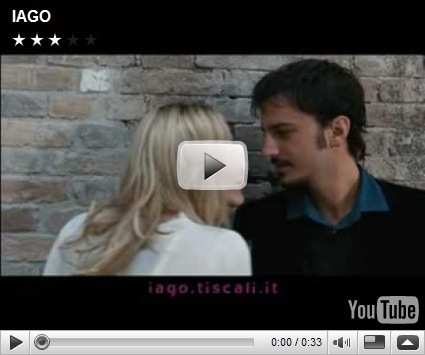Dr. Carl Atkins is the author of Shakespeare’s Sonnets: With Three Hundred Years of Commentary as well as a prolific commenter here at ShakespeareGeek, both while holding down a day job as a medical doctor. Instead of a typical author interview with press blurbs and bio questions we decided to do something different – Carl’s going to guest blog a series for us based on *your* questions. Context : Starting with the premise that most people know about only a handful of sonnets – 18, 116, 130, and such – I asked Dr. Atkins if he felt there were any that in particular did not deserve the praise that’s been heaped upon them. In a later installment we’ll look at the opposite question, which sonnets are the undiscovered gems that people haven’t really noticed, but should? Great question, but difficult to answer. First of all, there is not one of Shakespeare’s sonnets that I can’t stand. There are a couple that are not on my list of highlights (like 105 and 145), but I am still able to find redeeming qualities in them. But of the popular ones, the one that I think is the most overrated is probably 116. I certainly think it does not deserve to be better known than many others. Additionally, I agree with Helen Vendler that the sonnet is probably most often misread. From my book:
She suggests it is a rebuttal to an “anterior utterance” made by the beloved: “You would like the marriage of true minds to have the same permanence as the sacramental marriage of bodies. But this is unreasonable — there are impediments to such constancy.”
The major effect this has on the reading is one of tone, which is brought out at the outset by emphasis on the word “me” in the first line: “Let me not (as you have done) admit impediments to the marriage of true minds, etc.” … Kerrigan also finds an unorthodox reading:
“This sonnet has been misread so often and so mawkishly that it is necessary to say at once, if brutally, that Shakespeare is writing about what cannot be obtained. The convoluted negatives of the last line …show the poet protesting too much…”
Yet those negatives are anything but convoluted. The couplet is a simple statement of fact. As Ramsey says:
“The implied completion is ‘But I have written and men have loved; so this is not error,’ precisely fulfilling the valid logical paradigm: If A, then B; not B, therefore not A. A sufficient proof that he has written and that men have loved is the poem itself, which verifies the claim.”
You should try reading this sonnet with Vendler’s mindset. It changes it from a lovely, romantic piece into an angry, passionate outburst. It is still a great poem, and it fits with many others in the series, but its tenor is entirely different. About the Author This book brings together the scholarship of dozens of the most brilliant commentators who have written about Shakespeare’s Sonnets over the past three hundred years. This edition adds the significant work done by modern editors to the most important commentary culled from the two variorum editions of the last century. Atkins presents a straightforward edition without jargon with the simple goal of finding out how the poems work and how they may be interpreted. He is the first to collate the modern texts so that differences among them can be fully appreciated and compared. His discussion of meter and verse is more substantial than that of any other edition, adding particular dimension to this text. Those coming to "The Sonnets" for the first time and those seeking a fresh look at an old friend will equally find this edition scholastically rigorous and a pleasure to read. Carl D. Atkins is a practicing medical oncologist in New York. Got a question for the author? Send it in and we’ll see if we can get it in the queue!

